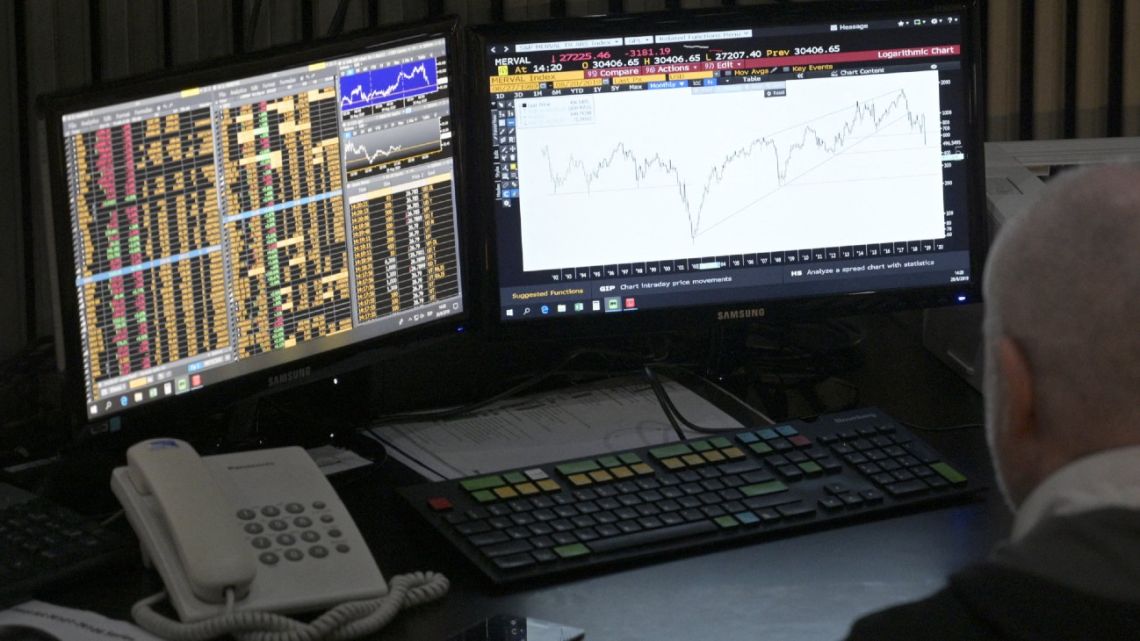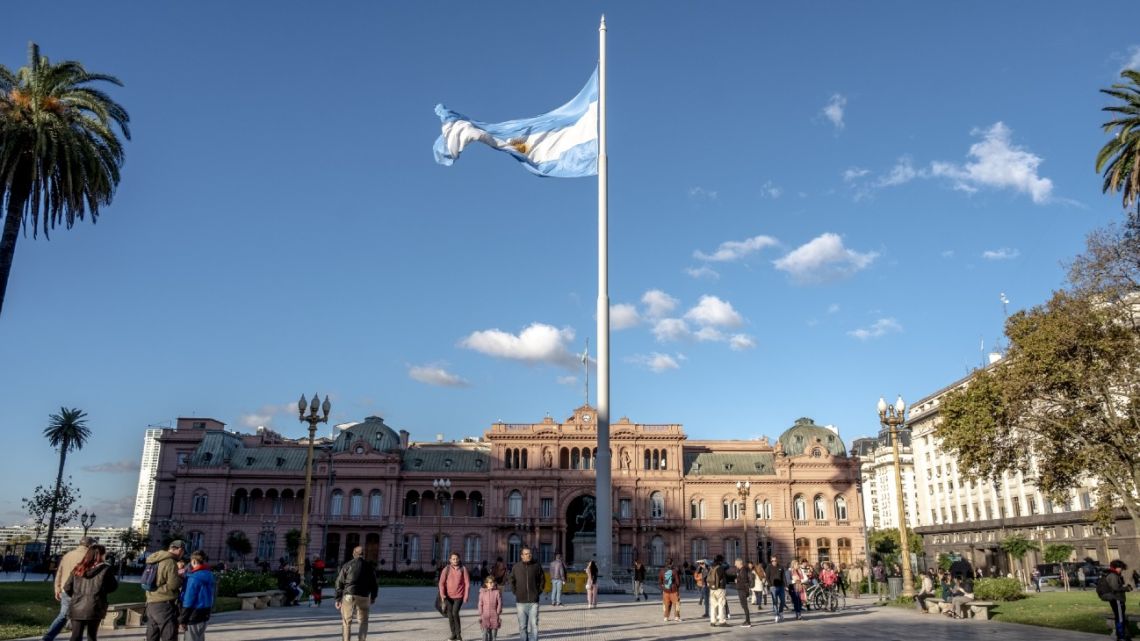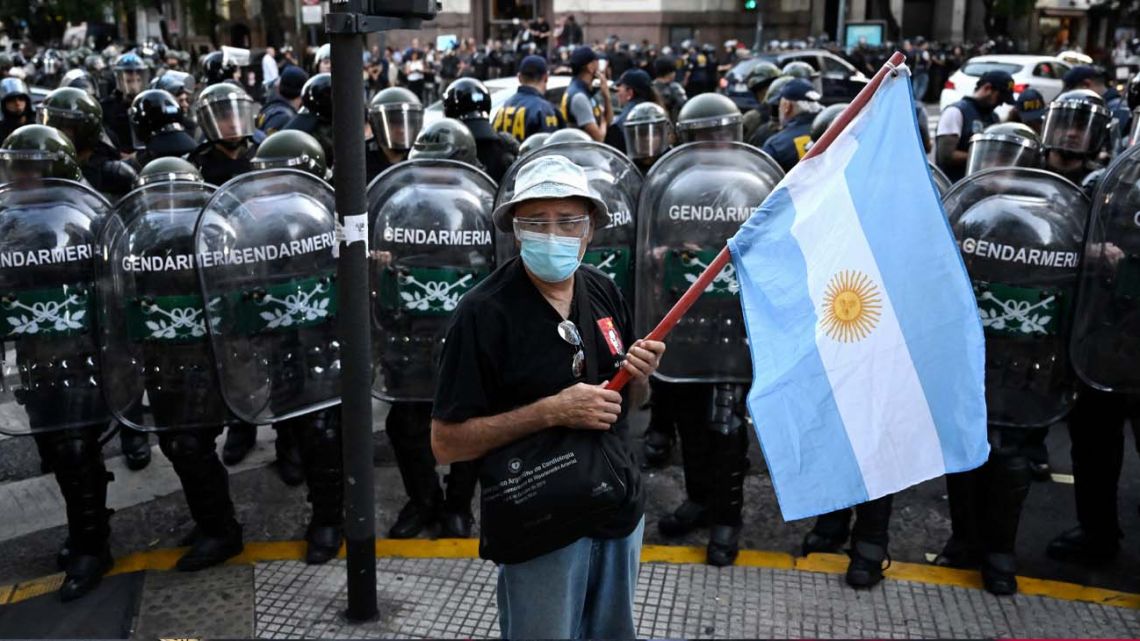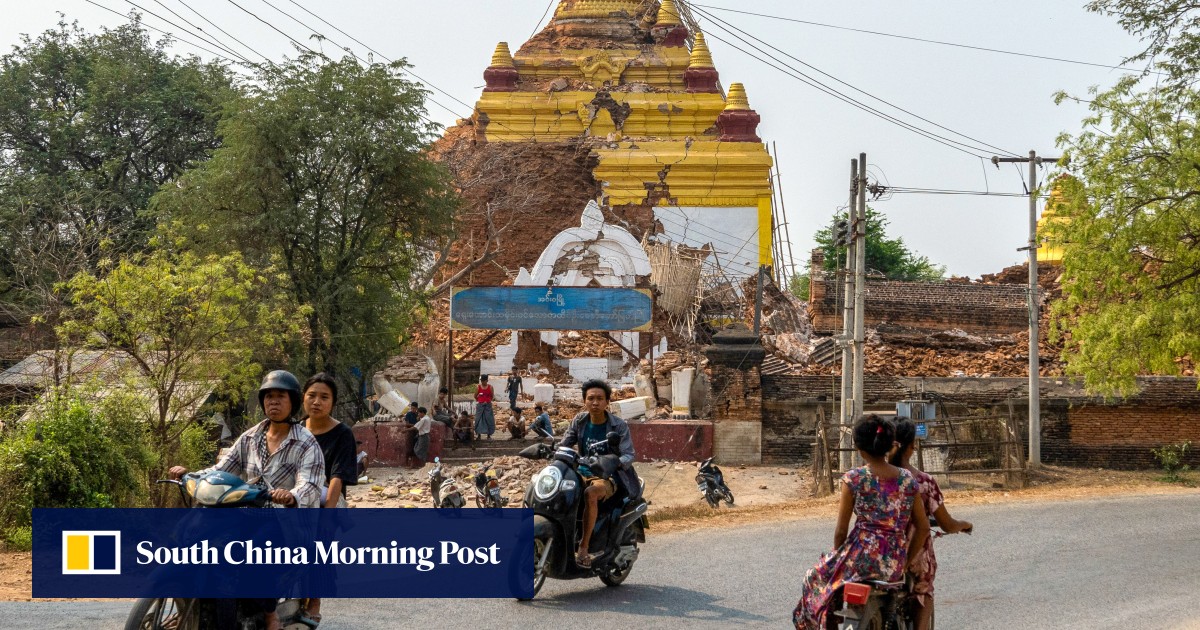Ecuador faces a high-stakes presidential runoff on April 13 between leftist candidate Luisa González and incumbent Daniel Noboa, separated by less than 17,000 votes in February’s first round.
González, a protégé of former President Rafael Correa, leads recent accredited polls by 2-3 percentage points, though analysts warn the race remains volatile. Noboa, who inherited office in November 2023 after his predecessor dissolved Congress, seeks a full term by appealing to business interests amid economic uncertainty.
González’s platform revives Correa’s state-driven policies, prioritizing social welfare and public infrastructure. She targets voters disillusioned by rising unemployment and inequality.
Noboa, heir to a banana empire, emphasizes private-sector partnerships and energy reforms to attract foreign investment. Both candidates grapple with surging crime and a fractured legislature, complicating efforts to pass reforms.
The first-round results revealed stark divides: González dominated rural areas, while Noboa secured urban centers. A March poll of 3,000 voters showed González at 51.4% support, Noboa at 48.6%, with a 1.8% margin of error.
 Leftist González Narrowly Leads Ecuador’s Presidential Runoff Polls. (Photo Internet reproduction)
Leftist González Narrowly Leads Ecuador’s Presidential Runoff Polls. (Photo Internet reproduction)A separate survey of 5,422 respondents narrowed the gap slightly, reflecting shifting allegencies. Security dominates voter concerns, with homicide rates doubling since 2021 and illegal mining fueling violence.
Ecuador’s Runoff Election
Noboa pledges military-led crackdowns, while González advocates social programs to address root causes. Economically, Noboa aims to expand oil exports and stabilize energy grids, capitalizing on global market disruptions.
González promises renewable energy investments and job creation through public works. Business leaders fear her policies could deter foreign capital, while unions criticize Noboa’s austerity measures.
With 82% voter turnout in February, the runoff will test Ecuador’s tolerance for polarizing ideologies. The election’s outcome will shape regional alliances, particularly regarding China’s growing influence and U.S. trade relations.
As both candidates court undecided voters, Ecuador’s choice between continuity and populist revival underscores broader Latin American struggles to balance growth and equity.

 By The Rio Times | Created at 2025-04-01 19:10:59 | Updated at 2025-04-05 01:13:13
3 days ago
By The Rio Times | Created at 2025-04-01 19:10:59 | Updated at 2025-04-05 01:13:13
3 days ago








